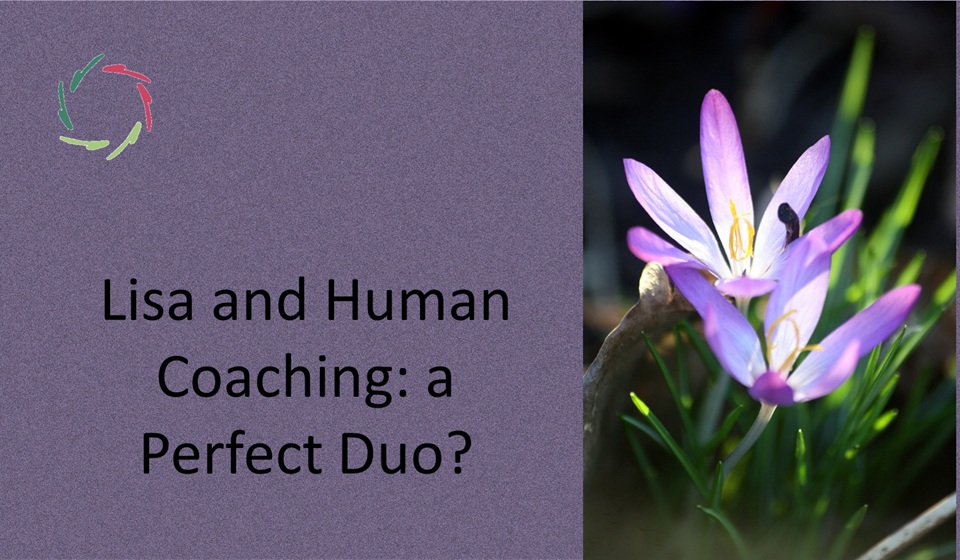Therapy in Psycho-Somatics

Scientific evidence shows a huge influence of the mind in many psycho-somatic domains, yet little of this shows in practice. How can we best translate scientific insights into using the mind as cure?
Mind-body unity
If you haven’t yet made the step toward mind-body unity (not as two parts but two views upon one unity), please read mind=body breakthrough. You can also find much related information in my book Your Mind as Cure.
I use the term psycho-somatics for any health issue in which both views upon the mind-body unity should be taken into account. Toward this, it’s helpful to be convinced of the mind’s influence on the body. Let’s go over this in a few hyperlinked streaks, then look into sense and non-sense of psychotherapy/coaching in the domain of psycho-somatics.
Evidence of the mind’s influence toward illness
Apart from what is generally seen as psycho-somatic, immense explanatory gaps remain in healthcare. Many of these are implicitly concealed using terms as ‘essential.’ ‘idiopathic,’ ‘functional,’ and more recently also ‘medically unexplained syndromes’.
Also, many somatic illnesses are caused by factors that are themselves mind-related. For instance, diabetes mellitus (the usual kind) mainly originates in obesity, stress, and/or genetics. The two former causes are themselves at least frequently mind-related. With a psychogenic cause, the consequence may also be seen as such. Thus, roughly estimated, some 40% of patient consults in a general practice are for mainly mind-related issues. This may be substantially more with a broad definition of psycho-somatics.
Even so, much of what is known in research doesn’t find its way into practice. For instance, in the field of angina pectoris / heart infarctions ― frequently leading to unnecessary treatments.
Evidence of the mind’s influence toward healing
The true placebo effect (apart from natural disease evolution) plays a huge role as has been proven robustly and significantly in medication, surgery, and other medical procedures. For instance, see my contribution in Montreal on the domain of chronic pain.
This amply proves the possibility of effectively using the mind as cure.
Then why is psychotherapy not more helpful?
Although talking cures are generally helpful toward feeling better, conceptual psychotherapeutic methodologies (this is, apart from the non-specific factors common to most talking cures ) fail to robustly show significant effectiveness upon the relief of bodily symptoms in psychosomatic domains.
That should be no surprise. Such methodologies as they have sociohistorically been developed generally have little relevance to mental-neuronal patterns beyond a conceptually constructed level (see also Constructionism). Thus, they logically stand apart from the body and far from having a significant bodily influence beyond non-specific elements. This way, psychotherapy’s doors are closed in this respect.
To open them, we need to go to deeper insights, right into the working of the brain and an underlying reality beneath artificial constructions. Astonishingly, much from the neurocognitive science domain is already applicable but in need of a correct translation toward healthcare. If that gets profoundly realized, much great stuff (healthcare heaven?) lies around the corner.
How to reach the body from the mind?
Note that several explanations of the placebo effect have been given, but all boil down to autosuggestion. One can relate this to how the brain works at the basic level of meaningfulness.
At this level, the brain is a multilevel giant pattern recognizer and a ‘predictive machine’ in continual pattern recognition and completion. This is profoundly relevant to patterns in health ― also, to patterns in relation to the placebo. As said, this has not been validated in psychotherapeutic methodologies until now.
As you may know, much has been worked out in AURELIS-coaching. Crucial to understand from the start is that this isn’t just some different kind of coaching.
A future challenge
In my view, the most important factor why the mind is not brought forward much more in the management of many psycho-somatic fields is still cultural. We are still waiting for a mental paradigm shift.
This may – hopefully – soon revolve toward a much greater appreciation of Inner Strength. From then, the challenge will lie in realizing this Compassionately.
May we get support from Compassionate A.I.?


